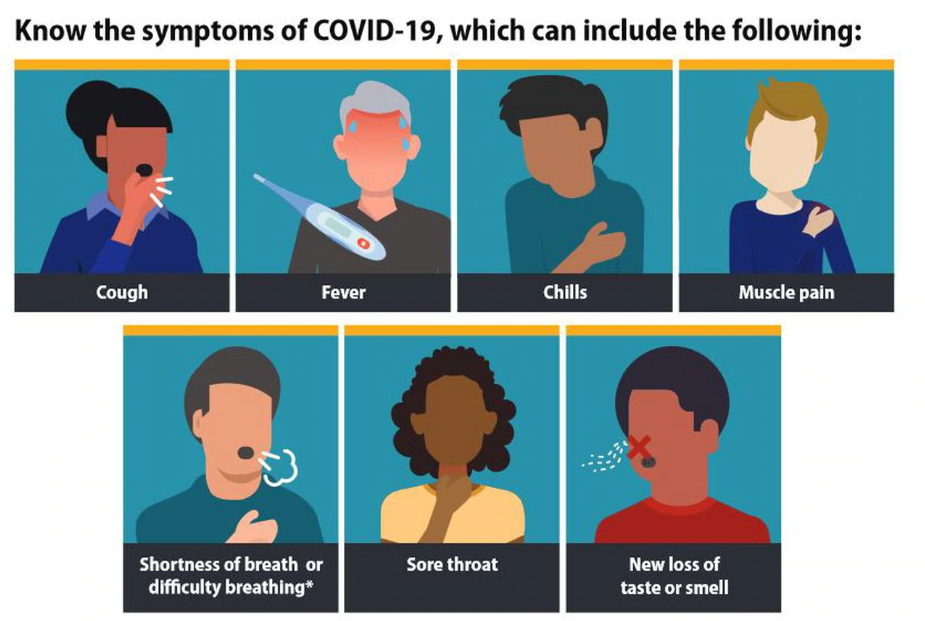The Benefits of Pediatric Home Health Care Services

Pediatric home-based care services offer a wide range of medical and non-medical support to children with medical conditions, allowing them to receive care in the comfort of their own homes. Services included in pediatric home nursing are Physical and occupational therapy, Respiratory therapy, Speech therapy, Mental health Services, Wound care. These services not only provide personalized care and improved health outcomes, but also involve families in the care process and can result in cost savings compared to hospital stays. From skilled nursing and medication management to physical therapy and personal care, pediatric health care services cater to the individual needs of each child and their family.
In This Article, We’ll Explore The Benefits Of Pediatric Home-Based Nursing And How They Can Make A Positive Difference In The Lives Of Children And Families.
Contents
1.Convenience and Comfort
One of the primary benefits of pediatric home-based care services is the convenience and comfort they provide to families. Rather than having to travel to a hospital or medical facility for appointments and treatments, children can receive care in the comfort of their own homes. This means that families don’t have to worry about transportation or missing work and school to attend medical appointments.
Additionally, being in familiar surroundings can provide comfort to children and reduce anxiety related to medical treatments. It can also allow for a more relaxed environment, which can be particularly beneficial for children who require ongoing care and support.
2.Personalized Care
Another significant benefit of this service is the personalized care that children receive. Medical professionals who provide home health care services work closely with families to develop individualized care plans that meet the unique needs of each child. This means that children receive care that is tailored to their specific medical condition, lifestyle, and preferences.
The personalized care provided by these services also allows for greater flexibility in terms of scheduling appointments and treatments. Families can work with medical professionals to create a schedule that works for them, rather than having to adhere to strict hospital or medical facility schedules.
3.Improved Health Outcomes
These services have been shown to improve health outcomes for children. Studies have found that children who receive care at home have fewer hospitalizations, experience fewer complications, and have better overall health outcomes compared to those who receive care in medical facilities.
The individualized care provided by pediatric home-based nursing is a significant factor in these improved health outcomes. Medical professionals who provide home health care services work closely with families to monitor children’s conditions, adjust treatment plans as necessary, and provide ongoing support and education.
4.Family Involvement
These services also encourage greater family involvement in children’s medical care. Rather than relying solely on medical professionals to provide care, families can play an active role in managing their child’s medical condition. This can include administering medications, monitoring vital signs, and assisting with daily activities such as feeding and bathing.
Involving families in children’s medical care can also improve communication between medical professionals and families. Families can work closely with medical professionals to identify concerns, ask questions, and make informed decisions about their child’s care.
5.Cost Savings
Finally, these services can offer significant cost savings for families. Home health care services are typically less expensive than hospital or medical facility care, particularly for ongoing care and support. Additionally, families can avoid costs associated with transportation, parking, and missed work or school.
In some cases, pediatric home-based nursing may be covered by insurance, further reducing out-of-pocket costs for families. Families should work with their insurance provider to understand their coverage options and determine the most cost-effective way to receive care.
6.Reduced Risk of Infection
Another advantage of these services is that it can reduce the risk of infection. Hospitals and medical facilities are often crowded with patients who may have various illnesses or infections. These environments can be particularly dangerous for children with weakened immune systems.
In contrast, these services allow children to receive care in their own homes, which can reduce their exposure to potential pathogens. Home health care providers also follow strict infection control protocols to minimize the risk of infection further.
7.Consistent and Continuity of Care
These services can provide consistency and continuity of care for children. Medical professionals who provide home-based health care services often work with children over an extended period, developing a deep understanding of their medical conditions, lifestyle, and preferences.
This allows for consistent monitoring of children’s health conditions and proactive adjustment of treatment plans. It also ensures that children receive consistent medical care from the same professionals, which can help build a relationship of trust and familiarity.
8.Improved Quality of Life
Pediatric home-based nursing can significantly improve the quality of life for children with medical conditions. Children who receive care at home have the opportunity to participate in daily activities and routines, including attending school and spending time with friends and family.
The personalized care provided by home health care providers can also help children manage their symptoms, reduce pain, and improve their overall health and wellbeing. This can lead to improved quality of life for both children and their families.
9.Education And Support
These services also offer education and support to families. Medical professionals who provide home health care services can educate families about their child’s medical condition, including how to manage symptoms and administer medications.
Home health care providers can also offer emotional support to families, helping them cope with the stress and challenges of caring for a child with a medical condition. This support can be particularly important for families with children who require ongoing care and support.
10.Increased Independence
Finally, these services can increase children’s independence. By receiving care at home, children have the opportunity to participate in daily activities and routines and develop important life skills. Children can learn how to manage their medical conditions, take medications, and perform daily activities with the support of their home health care providers.
Over time, this increased independence can lead to greater self-confidence and a sense of empowerment for children. It can also reduce the burden on families, allowing them to focus on other aspects of their lives while still ensuring that their children receive the care and support they need.
Conclusion
Pediatric home-based nursing offer numerous benefits to children with medical conditions and their families. These services provide personalized care, comfort, and convenience, while also improving health outcomes and involving families in the care process. With a wide range of medical and non-medical services available, home health care service providers can tailor their services to meet the individual needs of each child and family. Additionally, the cost savings associated with home health care can be significant compared to hospital stays. By choosing these services, families can ensure their children receive high-quality care while staying in the comfort of their own homes.










